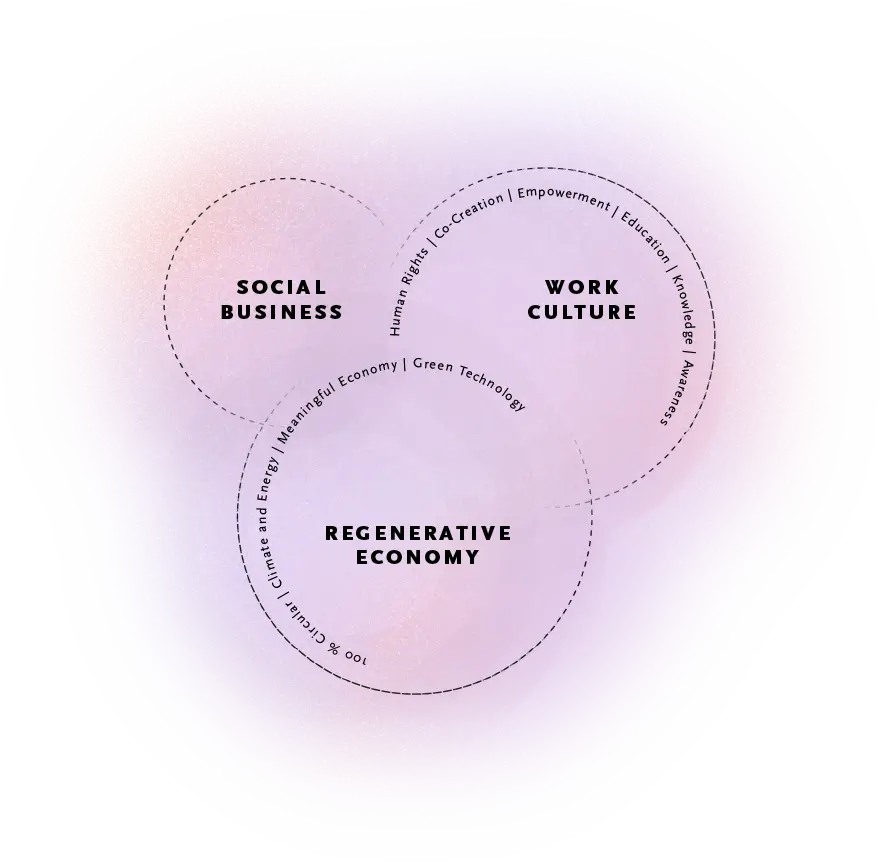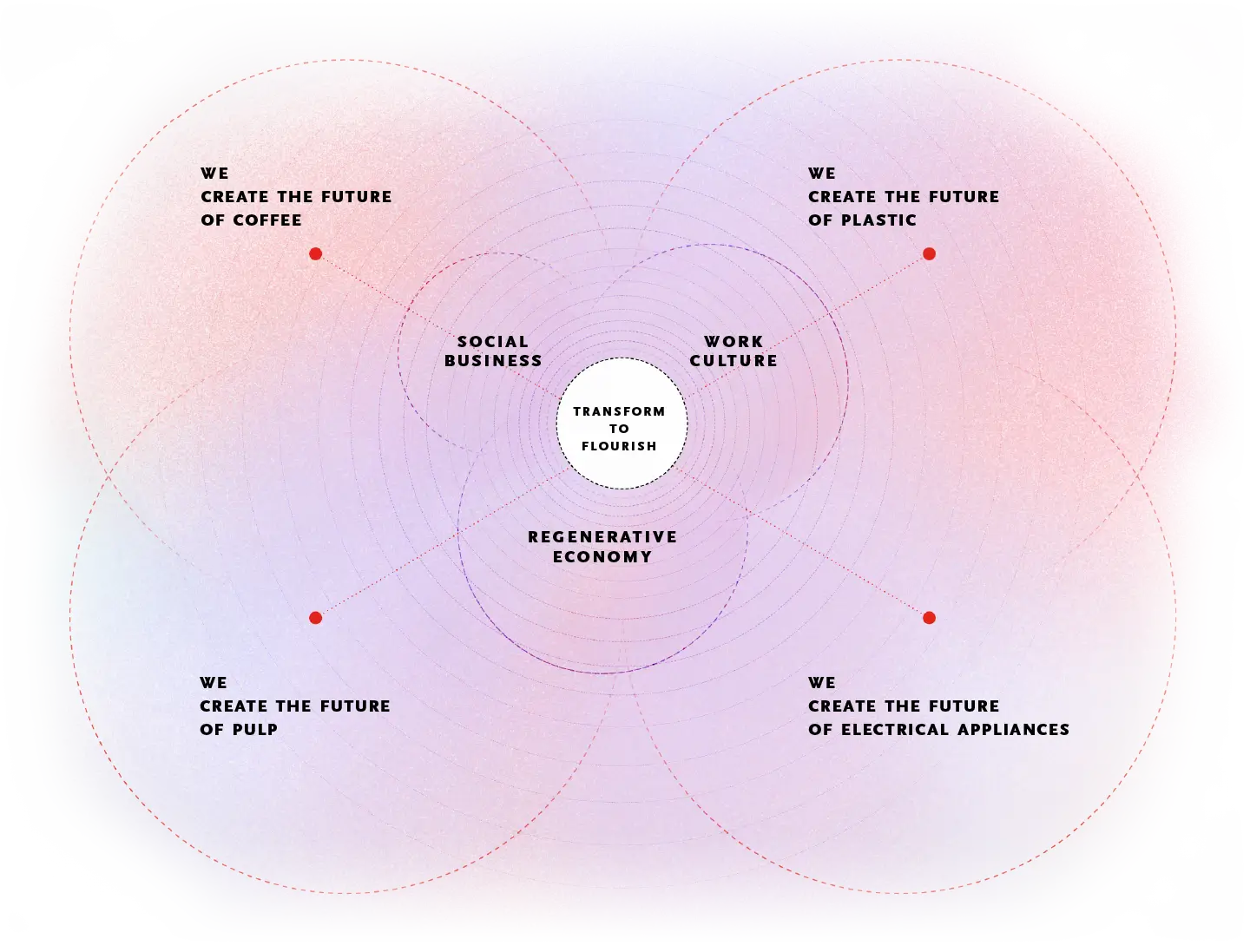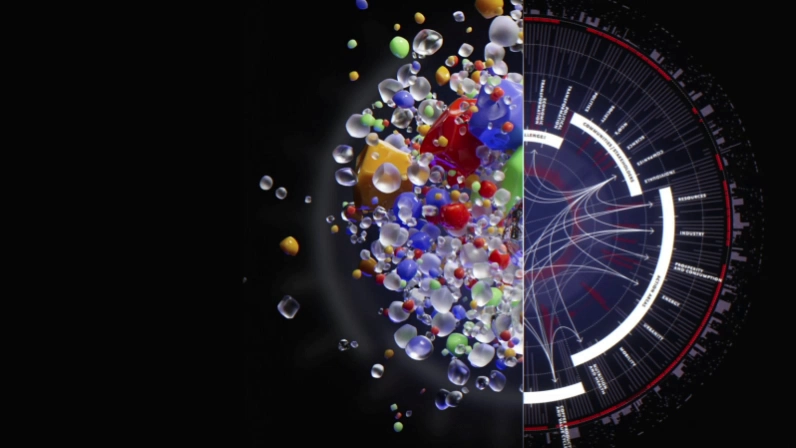We are convinced that the role of companies is to make people’s lives better. We therefore regard our promotion of sustainable development and transformation – even beyond our core business – as part of our corporate mission.
The key to success: focus on people
Transformation at full speed – dealing with ambiguity and ambivalence
» More than ever before, entrepreneurship requires an ability to adapt to changing dynamics and intensities, to focus and to act quickly – while at the same time maintaining sufficient composure within the whirlwind to avoid making rash decisions. «
Next Entrepreneurship: merging economic, environmental, and social issues

Speed through cultural change and an evolving mindset
Sustainable transformation is inextricably linked to cultural change – at the heart of which lies future-compliant entrepreneurship. In our increasingly networked world, systemic thinking is not an option, but a necessity.
Regenerative Economy
Work Culture
Social Business



